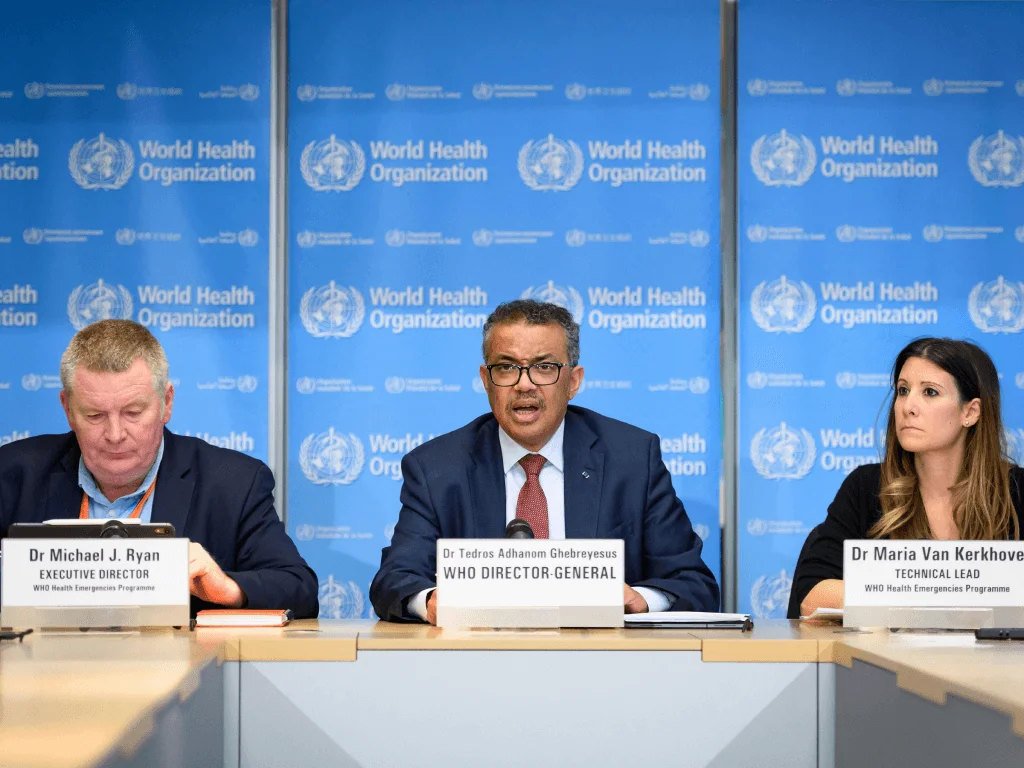As Israeli forces step up ground attacks on SW Lebanon and movement of refugees and=index.htm’ Lebanese people into shelters and hospitals that have closed due to the conflict, the WHO has warned that diseases similar to those might emerge. The recent fighting between Israel and Hezbollah has been going on for a year, but tensions increased in the last few weeks: more than one thousand people have been killed and thousands more have been displaced. As medics desert the conflict zones, hospitals are either shutting down partially, which is only an added burden on the failing healthcare of Lebanon.
Ian Clarke, WHO’s Deputy Incident Manager for Lebanon, states that there are disease outbreaks such as acute watery diarrhea, hepatitis A, or cases of vaccine-preventable diseases because the situation in the shelters is getting worse. Thus far, five hospitals have become defunct, and four are in partial functioning. Lebanese authorities have either dismissed many healthcare workers or they have left the hospitals on their own in response to increased conflict.
However, there are also healthcare issues as well as food insecurity in Lebanon that concern the WFP. Large tracks of farming areas in southern Lebanon have been rendered unusable or deserted, and Lebanon cannot possibly feed its population. Matthew Hollingworth, WFP’s country director, said he is very worried about Lebanon’s capacity to produce food, as harvests are not being made and crops are rotting in the fields.
The ongoing conflict with continued pressure on the already frail structure of Lebanon has impacted both the health care and the food sectors, leaving many in the middle to worry about another humanitarian situation.
For further details on the WHO’s response to the crisis in Lebanon, you can visit their official page: UNDP—World Health Organization—Lebanon Crisis.













